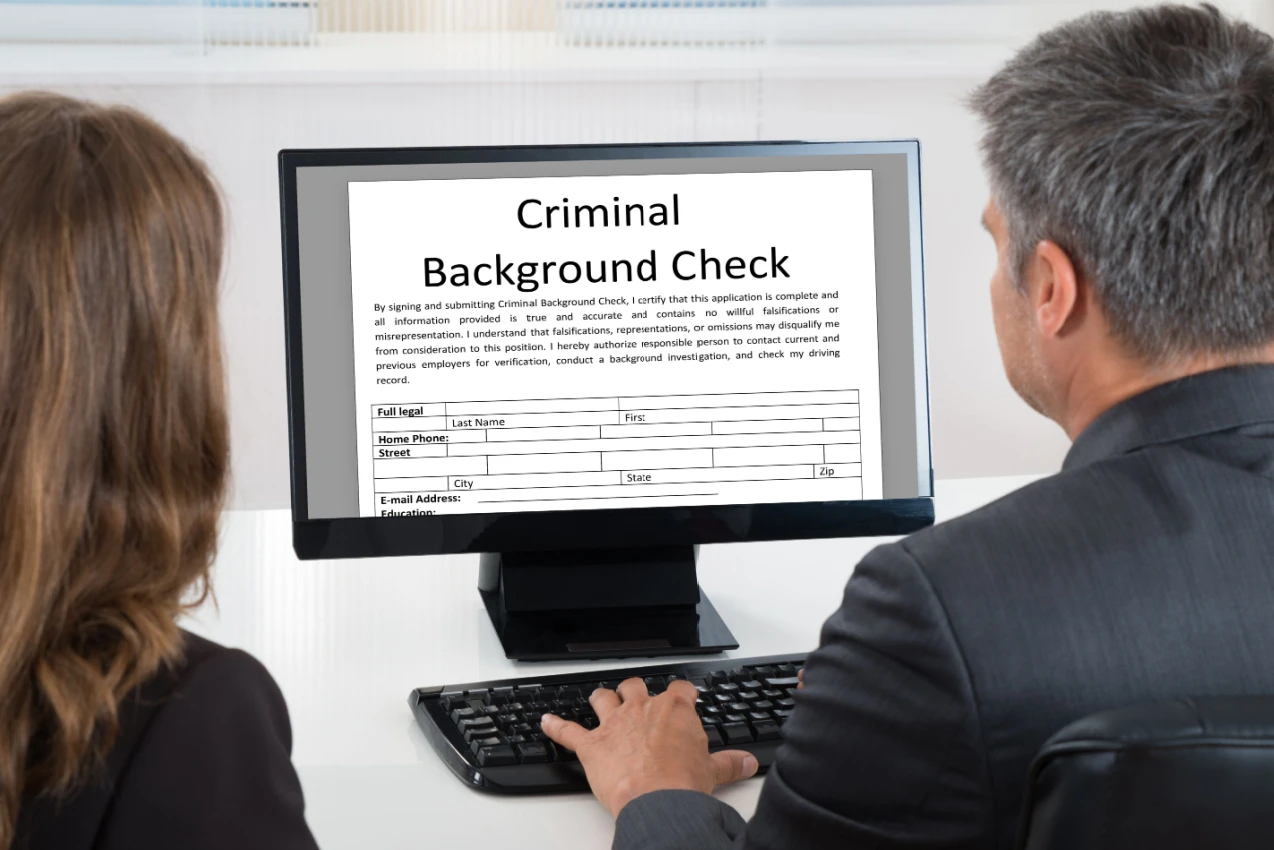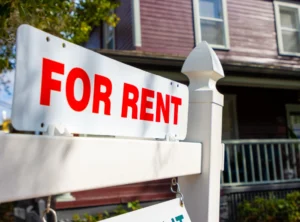Tenant-screening mistakes you want to avoid

4 Tenant-Screening Mistakes that Could Cost You Thousands
Tenant screening is one of the most important steps you can take to protect your investment so here are four tenant screening mistakes that could cost you.
Many landlords still fall into common traps that leave them vulnerable, so let’s look at four tenant-screening mistakes you want to avoid.
Mistake #1: Skipping Screening Because “It Takes Too Long”
Some landlords believe they can judge a tenant’s reliability just by looking at their application.
But modern online screening tools make it easy to get a full picture within minutes. With only basic applicant details, such as date of birth and Social Security number, you can instantly access reports covering credit history, eviction records, criminal background checks, and identity verification. Bypassing this step might feel like a time-saver now, but it can create major headaches later if your tenant turns out to be unreliable.
Mistake #2: Relying Only on Credit Score and Income
A high credit score and a solid job may suggest financial stability, but they don’t tell the full story.
A tenant who pays bills on time could still neglect your property, clash with neighbors, or break lease terms. On the flip side, someone with a modest credit score may be a responsible and respectful renter. Screening should look beyond income and credit to include rental history, landlord references, and eviction records to truly gauge tenant reliability.
Screen Your Tenant Today!
Gain peace of mind with AAOA’s credit, criminal, and eviction reports.
Mistake #3: Skipping Background Checks to Save Money
Some landlords hesitate to pay for tenant background checks, assuming they’re too expensive.
But the truth is, the cost is minimal compared to the potential losses. Evictions alone can cost an average of $3,500, not to mention property damage or months of unpaid rent. Many landlords charge applicants an application fee, eliminating the need to pay for the screening themselves. Whether you cover the cost or not, skipping a background check can leave you exposed to significant financial risk.
Mistake #4: Believing Credit Checks Will Hurt an Applicant’s Score
It’s a common misconception that running a credit check will damage a tenant’s credit score.
In reality, AAOA landlord credit checks are considered “soft pulls,” which don’t affect scores at all. Only “hard pulls,” such as applying for a mortgage or credit card, temporarily lower credit scores by a few points. Reassuring tenants about this distinction can help ease concerns and streamline your application process.
The Bottom Line
Approving a tenant based on gut feeling or incomplete information is a gamble that can quickly turn costly. By avoiding these common mistakes and running thorough background and credit checks, you’ll protect your property, minimize turnover risks, and improve your chances of finding tenants who pay on time and respect your investment.
Source: Rental Housing Journal













 Accessibility
Accessibility